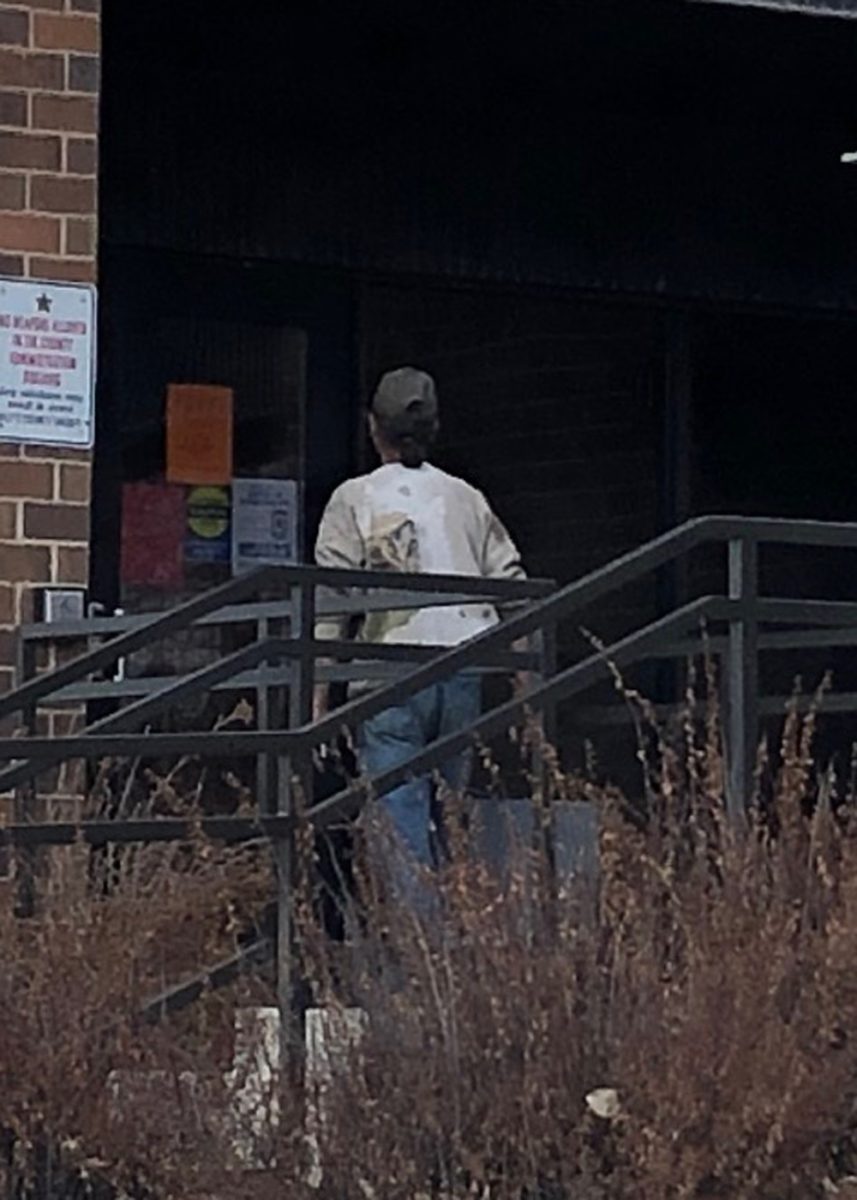by Colleen Brunner
March 23, 2020
BELLE FOURCHE – In light of recent news of community spread of the COVID-19 virus in South Dakota the Butte County Commission voted Monday, Mar. 23, to close all county buildings to the public for the time being. Any public interaction that is necessary will be by appointment only.
Community spread is the spread of a contagious disease to individuals in a particular geographic location who have no known contact with other infected individuals or who have not recently traveled to an area where the disease has any documented cases. As of Tuesday, Mar. 24 there were no confirmed cases of coronavirus West River.
The move came after a quickly scheduled virtual meeting of Butte County commissioners, Auditor Elaine Jensen and several department heads, including Sheriff Fred Lamphere and State’s Attorney Cassie Wendt. The meeting was scheduled based on new confirmed cases in Beadle County combined with the fears of some Butte County employees.
“I know one employee who is very fearful to even come to work,” said Jensen. Because the cases in Beadle County were attributed to community spread, the commissioners decided to lock down all county buildings, with contact being made by appointment only.
Several people stopped at the county administration office to drop off payments and came away shaking their heads.

-Brunner photo
Rick Lillis, a Belle Fourche resident, said, “I guess it’s not a bad idea. I was going to stop and give them a check but I guess I’ll put it in the drop box.”
Wendt shared information from the Families First Act as well as SD Codified Law to reinforce the recommendations by herself and the sheriff that led to this recent step. A summary from the website National Law Review states that the act will include such things as free CO-VID19 testing, a requirement of employers with fewer than 500 employees to provide two weeks’ worth of paid sick leave if employees are unable to work because of quarantine or isolation, or have developed the symptoms, or are caring for someone else, or have children in schools that have closed. Employers will receive tax credit to offset the costs of providing this paid leave. It will also include a boost in unemployment aid and nutrition assistance.
After a period of discussion as well as the latest information that the Governor had stated that this could last as long as the end of May or first part of June before the virus peaks in South Dakota, the commission decided to be watchful and diligent in their protocol.
At their last regular meeting on March 18th the commissioners approved a list of recommendations made after consultation with Wendt and Lamphere. Those recommendations, which are still relevant in light of the closure order, include:
1) Acknowledge that if any county employee has left the state within the past 7 days and traveled to any state that is experiencing a COVID-19 outbreak, that employee must quarantine themselves for a period of 14 days.
2) If an employee becomes ill it is recommended that the employee go home. If the employee is symptomatic to the virus, they must be tested and approved before returning to work. The guidelines in the sick leave policy will apply to all other sicknesses. This is one area where the county may have to waive if our region becomes highly infected.
3) The county encourages all employees to practice their part in personal hygiene and by keeping their work areas clean and sanitized.
4) It will be mandatory to change out trashcans daily.
5) Increase the disinfecting of all public areas daily including wiping down all handrails and doorknobs.
6) Encourage public meetings be held by conference call when available.
“It may come to a point where we can’t control what happens,” said Lamphere. “There could come a time when everyone has to stay home. We have discussed (in the sheriff’s department) what the plan would be if a department head gets sick. Who would be next in charge?”
“We need to emphasize to employees where and what our plan of action is,” said Jensen.
After about a 40-minute discussion a motion was made to have administrative and county buildings on lockdown, to prepare to conduct business in other ways (mail, telephone, internet) and educate employees as well as sharing the Family First Act information and other resources in a document written by Wendt with input from Lamphere and other departments. The document will be published as soon as it is available.
Because the virtual meeting, which was held on GoToMeeting, shared information in a generic way about employees, Wendt read the rules of South Dakota Codified Law 1-27-1.5 which states, “Certain records not open to inspection and copying as well as 1-27-1.17 identifying draft minutes availability due to the virtual (audio) nature of the meeting. It states, “ Draft minutes of public meeting to be available–Exceptions–Violation as misdemeanor. The unapproved, draft minutes of any public meeting held pursuant to § 1-25-1 that are required to be kept by law shall be available for inspection by any person within ten business days after the meeting. However, this section does not apply if an audio or video recording of the meeting is available to the public on the governing body’s website within five business days after the meeting. A violation of this section is a Class 2 misdemeanor. However, the provisions of this section do not apply to draft minutes of contested case proceedings held in accordance with the provisions of chapter 1-26.